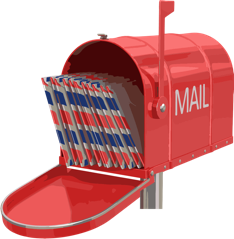Key Decisions
1. Is there another, cheaper way for you to achieve your financial goal?
2. Do you need to tap into your home equity now or should you save it for an emergency?
3. Are you on a fixed income with no other assets?
4. Do you have children or other heirs to whom you plan to leave your home?
5. How long do you and your family plan to live in the home?
Most reverse mortgages require you to pay insurance premiums. The insurance is there in case your loan balance grows to be more than your home is worth. With insurance, you won’t have to pay the difference. But, if you only stay in your home for a short period of time, chances are you are paying for insurance you don’t need. If you only plan to stay in your home for a short period of time, the loan balance is less likely to grow to more than your home value.
Reverse mortgages can also have high upfront costs. If you sell your house within a few years, you won’t have gotten as much benefit from those costs than if you stayed in your home for a longer time.
6. How much will it cost you in fees to obtain a reverse mortgage?
7. How will you pay for property taxes and homeowner's insurance?
8. Does your spouse or partner want to keep living in the house if you die?

Want Us To Mail You
Reverse Mortgage Information?
If you would rather look over a packet of papers in the comfort of your home to best discover your reverse mortgage options please click on the link and we’ll mail (at no cost to you) a reverse mortgage packet to review.

Want Us To Mail You
Reverse Mortgage Information?
If you would rather look over a packet of papers in the comfort of your home to best discover your reverse mortgage options please click on the link and we’ll mail (at no cost to you) a reverse mortgage packet to review.

